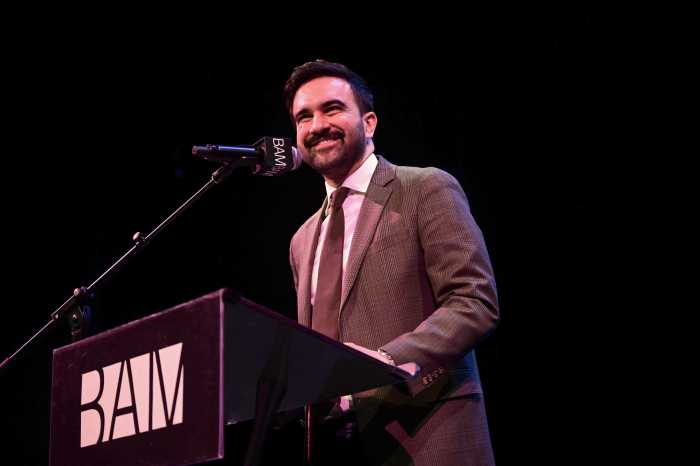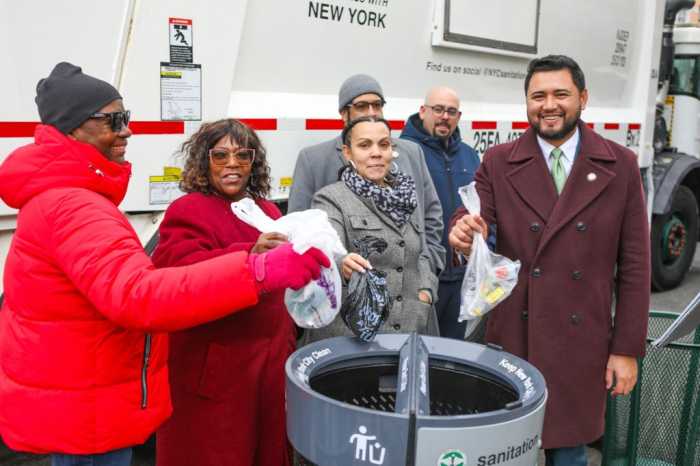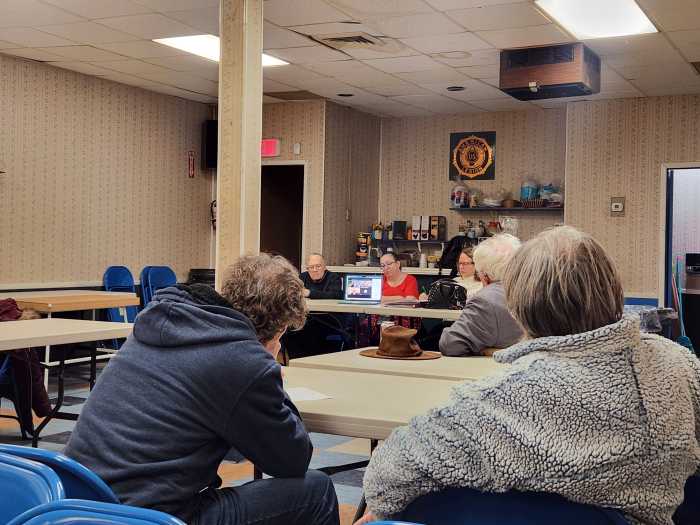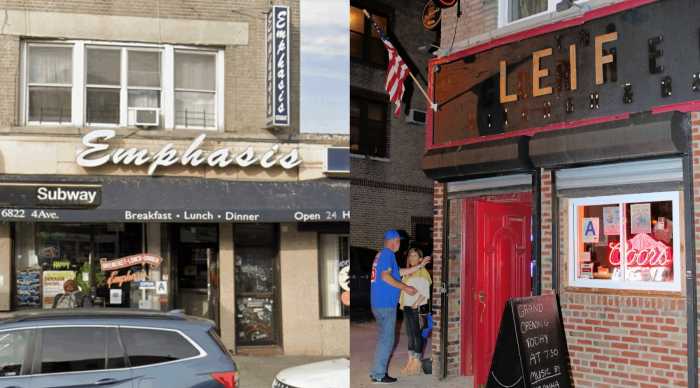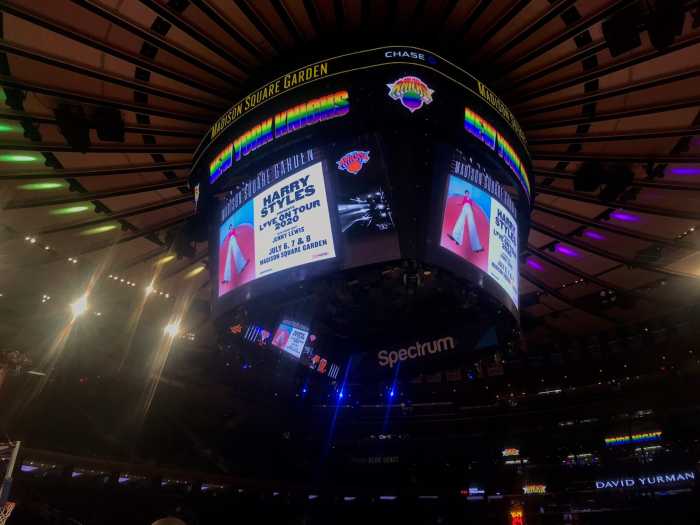A controversial cat colony in Whitestone, Queens, is being relocated by the city, but the leader of the nonprofit that cares for the animals fears they’ll be euthanized instead.
The stretch of tidal wetlands located along Ninth Avenue near Totten Street has been home to the Le Cats on the Water colony for nearly 20 years, with a handful of dedicated community members caring for the stray cats while also using trap-neuter-return practices.
“There’s about four cats that basically stay in and around the houses,” Le Cats co-president Pamela Greco said on Monday, but added that dozens more frequent the area. “During the night, I see them walking down . . . they come in to eat or when there’s bad weather they hide out in the houses.”
In January, Greco said she received a letter from the Department of Transportation, which owns the land, that said the agency planned to relocate the cats.
The letter was a final, deciding blow against the plight of Le Cats following nearly two years of battles with the city and state Sen. Tony Avella (D-Whitestone) over the safety of relocating the cats, which Greco argues are too old to be moved, so that the land could be repurposed for community use.
The letter from the DOT — a response to an appeal from Greco’s organization to allow the cats to remain on the land — said the agency would bring in a licensed landscaper to ensure the wetlands are properly taken care of; work with the health department to relocate the cats; and enlist the help of the Department of Sanitation to remove debris and “abandoned structures.” No further information was provided on how, when or where the cats would be moved, which sparked major concern for the fate of Le Cats on the Water.
“I think they’re going to exterminate them . . . because how are they going to relocate them?” Greco said, pointing to the lack of information provided by the city.
Even if they do relocate the cats, Greco believes that removing the structures the nonprofit provides as shelter would equate to a death sentence.
“Once they do that, they’re dead. The cats are used to the structures,” she said. “The cats will be underneath the buildings begging for food.”
A DOT spokeswoman said on Tuesday the agency was in the process of reviewing its options with “all stakeholders,” but did not provide additional details on the relocation plan for the cats. A health department spokesman directed questions about the plan to the DOT.
Avella, whose district covers the area where the cats are located, said he was surprised by the DOT’s letter, but he is committed to finding an “appropriate place for the cats.”
“It was my intention to have the cat colony stay there. We were going to temporarily move them,” he said during a telephone interview Monday. “I’m going to stay involved in this to make sure it’s done properly.”
The lawmaker, however, also claimed Greco and her nonprofit don’t have the cats’ best interest at heart.
“Everybody is working together, but them. And it’s only about them,” Avella said. “They have been bullying people for years. It’s absolutely disgraceful.”
The bitter war of words between Avella and Greco dates back to when the senator began accepting proposals to repurpose the land roughly two years ago, but a plan submitted by Le Cats to keep the colony in place was not considered, according to Greco.
“Avella has bullied us for the past two years. He doesn’t accept phone calls from us,” she said. “New York is not very good with feral cats.”
Avella alleges that while the city, state and community members have been working to find a solution that works for everyone, Greco and her husband have only thrown up road blocks.
“I would consider myself an animal rights advocate . . . if you look at my record. This isn’t about animal cruelty,” he added. “This is some kind of gimmick, scam that they’re running. It’s not about the cats, it’s about them.”
Despite the lack of support from officials, Greco said she is committed to finding a way to save her beloved cat colony.
“It’s not that we don’t want people to have the pleasure of a park,” she said. “We sent in a plan, like we were supposed to; offered to pay for a gardener. We hand clean the area. We have hay in the houses . . . we really kept it clean.”
Le Cats is now trying to get permission to move the cats and housing structures to a parcel of DOT-owned land that is less than an acre away — a relocation that Greco said wouldn’t endanger their well-being — and offered to pay for it out-of-pocket.





